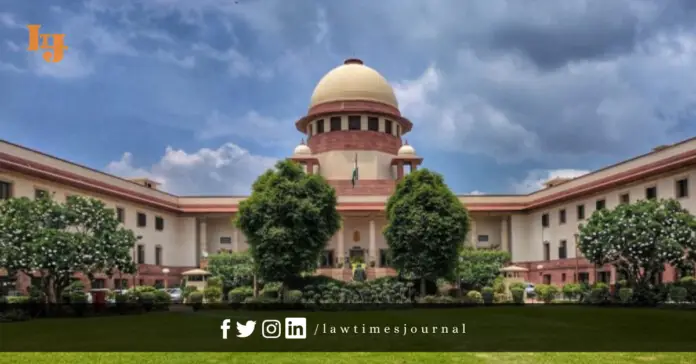
The appeal is filed against the order of High Court that the compensation will be provided under the employee compensation act at the time of incident based on the original wages of the employee. The issue uder consideration is whether the amendment that took place for providing compensation on original wages has a retrospective effect as the incident took place earlier to the amendment.
Brief Facts:
The appeal raised against the decision of Deputy Commissioner of employee’s compensation. The appellant is the legal heir of the victim who died in the accident when dashed by the truck. He was engaged in employment at the time of the incident as the driver of trailor lorry. A claim is lodged before the Deputy Commissioner for employee compensation and ex pate relief of Rs 4,33,060 were granted and the appeal was preferred to enhance the amount of compensation.
The High Court on request of the appellant remanded the proceedings and enhanced the compensation to Rs 8,86,120 as the appellant sought to seek benefit from the amendment of 2009 in the accident claim.
Hence, the appeal lies to the Supreme Court for deciding the amount of compensation. The Supreme Court Legal Service Committee had nominated the amicus curiae for the proceedings under article 136 of the Indian constitution.
Key features:
- The purpose of the amendment under the Employee Compensation Act, 1923 in 2009 is to remove the compensation based on deemed monthly wages of Rs 4,000 and extend it to the actual monthly wages drawn to them.
- The amendment of 2009 has the retrospective effect and the individual seeks benefits through its retrospective application.
Order:
The Supreme Court has stated that the relevant date to determine compensation under compensation payable Act, 1923 is from the date of the incident. The amendment in 2009 has a retrospective effect and the deemed monthly wage of the employee for determining the compensation does apply before the date of the accident. The contention against the High Court judgment for providing compensation based on the original wages of the employee being rejected and as the amendment of 2009 applies before the date of the incident. The Supreme court had dismissed the appeal based on that the High Court while ordering the compensation has exercised their inherent jurisdiction under 142 of the Indian constitution and the bench has declined to interfere in the same.
Edited by Pragash Boopal
Approved & Published – Sakshi Raje








